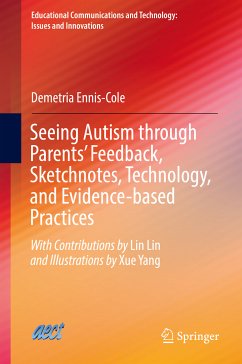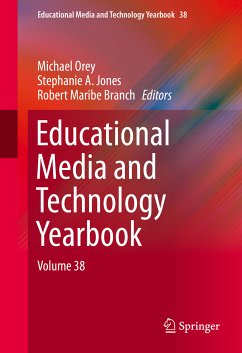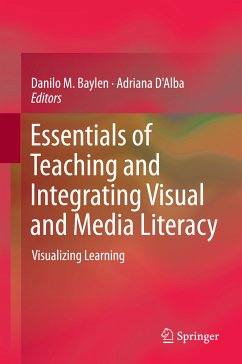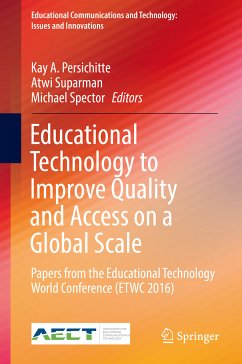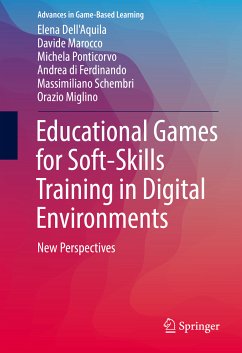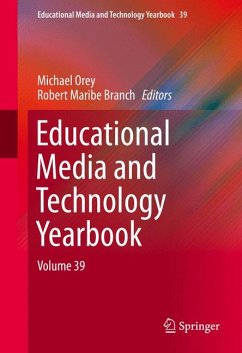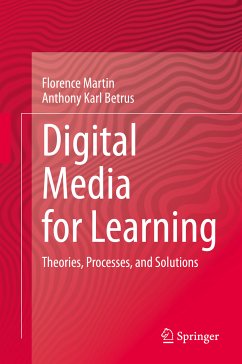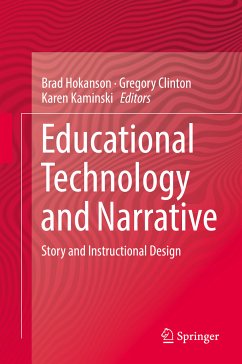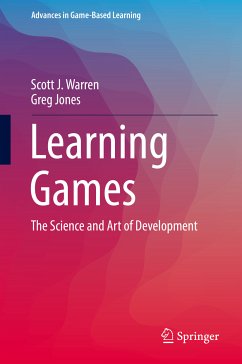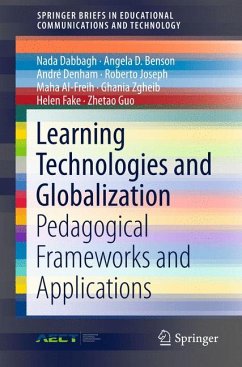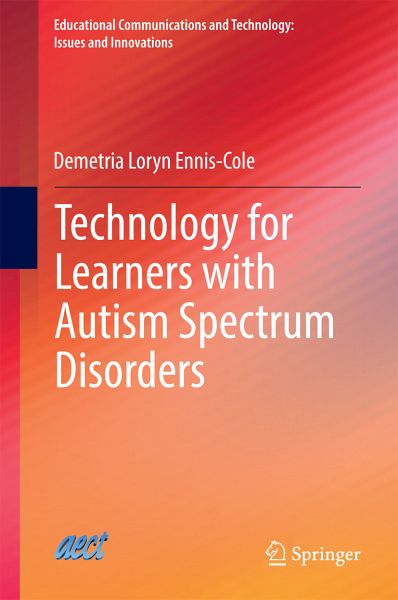
Technology for Learners with Autism Spectrum Disorders (eBook, PDF)
Versandkostenfrei!
Sofort per Download lieferbar
40,95 €
inkl. MwSt.
Weitere Ausgaben:

PAYBACK Punkte
20 °P sammeln!
Technology for Learners with Autism Spectrum Disorders provides readers with an in-depth look at the characteristics of learners with ASD and explains how different forms of technology can be used to create learning opportunities for autistic students. The book is both academic and practical to appeal to multiple audiences: academicians, parents, teachers and therapists. Currently, there is scant literature speaking to the types of academic activities that should be developed and used to help children with ASD gain skills in academic areas: reading, writing, effective communication and mathema...
Technology for Learners with Autism Spectrum Disorders provides readers with an in-depth look at the characteristics of learners with ASD and explains how different forms of technology can be used to create learning opportunities for autistic students. The book is both academic and practical to appeal to multiple audiences: academicians, parents, teachers and therapists. Currently, there is scant literature speaking to the types of academic activities that should be developed and used to help children with ASD gain skills in academic areas: reading, writing, effective communication and mathematics. This book fills that void by including sample academic activities, explaining strategies for working with children diagnosed with ASD and examining ways a variety of technology tools can be used. All of the activities are visually appealing and they have been used with learners diagnosed with ASD.
Dieser Download kann aus rechtlichen Gründen nur mit Rechnungsadresse in A, B, BG, CY, CZ, D, DK, EW, E, FIN, F, GR, HR, H, IRL, I, LT, L, LR, M, NL, PL, P, R, S, SLO, SK ausgeliefert werden.




